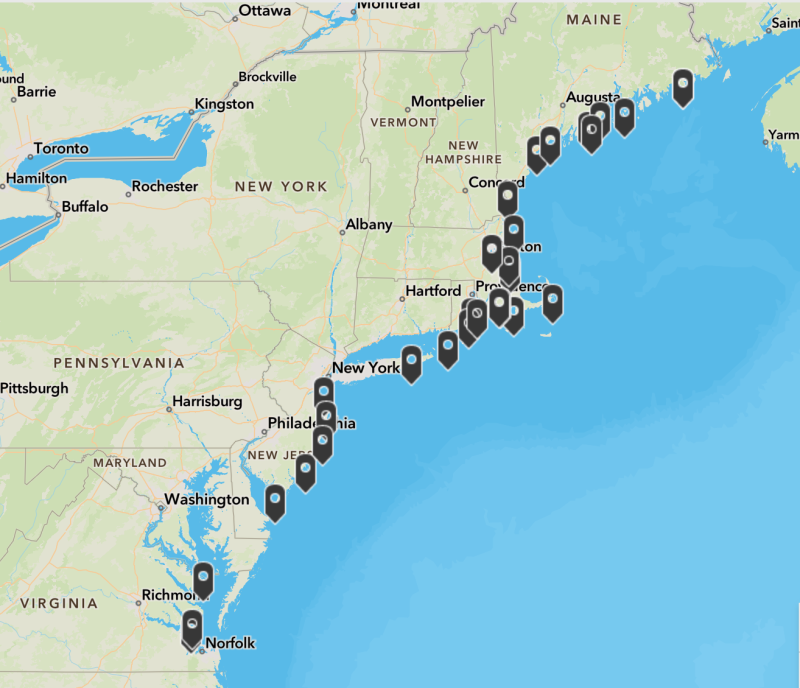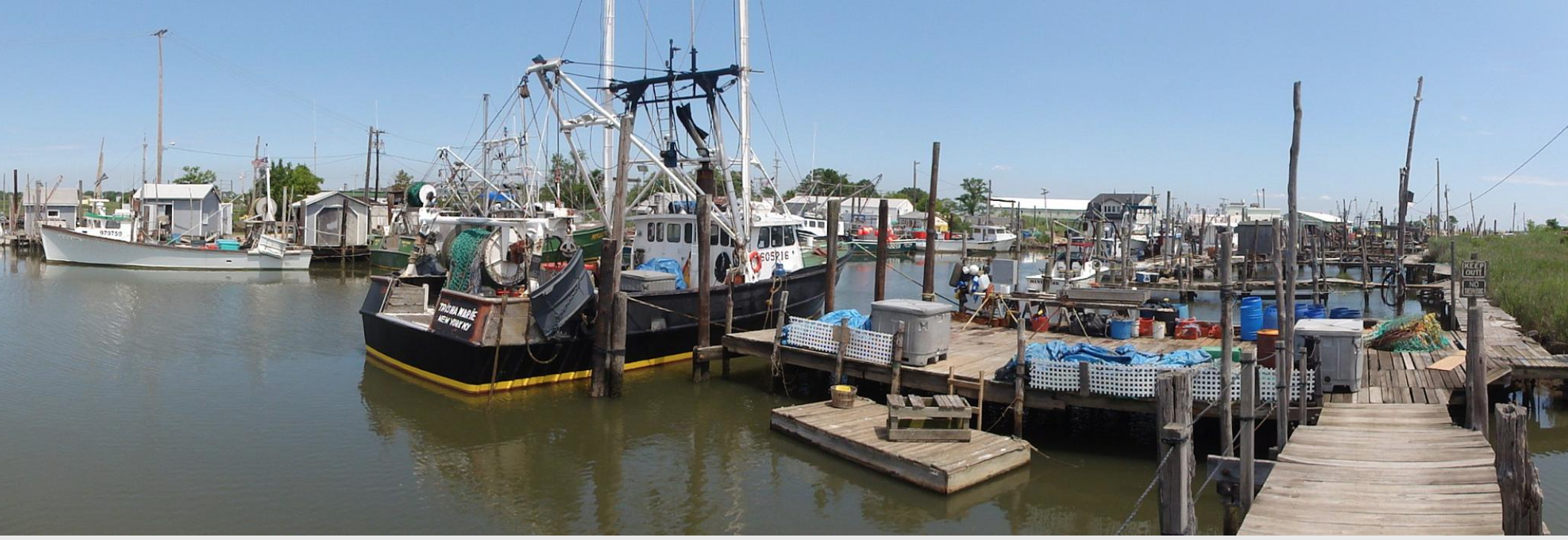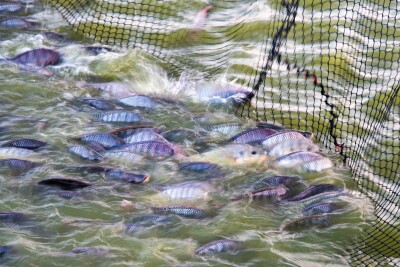Longtime small fishing ports in New Jersey, New York and Massachusetts top the endangered list in a new NMFS social sciences study of how gentrification pressure is bearing down on those communities.
Barnegat Light, N.J., Montauk, N.Y., and Chatham, Mass., have history as home ports dating back to the 1700s, but transformed into high-priced resort towns in the 20th century. Inflating real estate values, tax burdens, development pressure, population growth are converging at a time when fishermen are facing regulatory and environmental challenges in their profession, the report shows.
Authors Matthew Cutler, a social scientist with the Northeast Fisheries Science Center, and Rose Jimenez, at the NOAA Center for Earth System Sciences and Remote Sensing Technology, applied a scoring matrix to assess social and economic changes in 29 Northeast ports from Virginia to Maine where commercial fishing is an important social and economic part of the community.
“We selected all the fishing communities in the Northeast region with ‘high’ fishing engagement scores in 2009–2018, which resulted in these 29 communities,” the authors explain in the report, published online in story map format.
“Then, for each year in each community, we added up the scores (ranging from 1 to 4) for the three gentrification pressure indices: retiree migration, urban sprawl, and housing disruption.
“Finally, we calculated the average score over 10 years to produce an overall gentrification score for each community. Since each of the three gentrification pressure factors is scored 1-4, each of the communities' totals will fall somewhere from 3 to 12, out of 12,” in that methodology. “Higher scores indicate more pressure from gentrification affecting the community.”
At the northern tip of New Jersey’s Long Beach Island, Barnegat Light tops the gentrification pressure score at 10.9, according to the report. Right behind it are Montauk on Long Island’s East End at 10, Chatham on Cape Cod with 9.9, and Cape May, N.J. at 9.8.
“The lowest gentrification pressure impacts are found in Newport News, Virginia with a score of 3.6, while its neighbor, Grafton, Virginia comes close with a score of 4. North Kingstown/Saunderstown, Rhode Island is also close with a score of 4,” the report notes.
“Some communities are significantly more reliant on fishing than others, depending on the diversity of their economy,” the authors wrote. “Results vary greatly throughout the region, although there is somewhat of a gentrification hotspot in the New Jersey area” – a trend that real estate industry observers say was influenced by wealthy homebuyers exiting New York City during the covid-19 pandemic.
The pressure of social and economic changes at home can make fishermen’s continued success at sea even more precarious with parallel regulatory and environmental changes, the report notes.
“Community dependence on just one (or very few) species is risky both ecologically and economically, both at the seasonal level and over long periods of time. Being able to diversify their economic opportunities helps keep a fishery sustainable.
“However, a common thread from fishermen’s narratives is that increased ecological and regulatory stressors are shrinking the types of catch available and the types of roles they are able to play in their environment, especially as larger companies buy more and more boats.”








